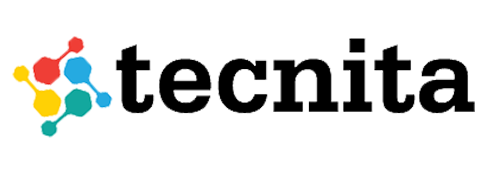
Effective Performance Management Practices
Performance management is an essential function in every organization, and human resource leaders play a significant role in driving results via effective performance management practices. HR experts may stimulate employee growth, boost productivity, and contribute to the organization’s success by establishing efficient systems and fostering a friendly atmosphere. In this post, we will look at several critical strategies for HR leaders to improve performance management practices and produce great results.
Establish Specific Performance Goals
Setting clear and detailed employee performance objectives is the cornerstone of good performance management. HR executives should work with department heads and supervisors to develop quantifiable goals and objectives consistent with the organization’s overarching vision and purpose. These expectations should be conveyed to employees clearly and concisely so that they understand what is expected of them.
Regularly provide feedback and coaching.
Performance management is incomplete without feedback and coaching. HR leaders should encourage managers and employees to communicate regularly to give constructive feedback, recognize accomplishments, and identify areas for growth. Regular check-ins and coaching meetings help employees remain on target, build their abilities, and improve their performance.
Establish Clear Expectations
Setting clear expectations is a vital part of performance management. Define each employee’s tasks, responsibilities, and the performance criteria and objectives they are expected to meet. This gives workers a clear sense of what is expected of them and helps them match their efforts with the organization’s aims.
Recognize and Reward Performance
Significant motivators such as recognition and awards drive employee engagement and performance. Implement a strategy for recognizing and rewarding exceptional achievement. Verbal praise, public acknowledgment, performance bonuses, or other means can accomplish this. Celebrating accomplishments fosters a healthy workplace culture and inspires individuals to strive for greatness.
Encourage a Continuous Improvement Culture
In your organization, emphasize the necessity of ongoing improvement. Encourage staff to search out novel ideas, suggest process improvements, and share best practices. Make room for cross-functional cooperation and knowledge exchange. You can stimulate innovation and optimize performance by cultivating a culture of continuous improvement.
Encourage Employee Engagement
Employee engagement is a critical performance driver. Create a healthy workplace culture where people feel respected, empowered, and engaged. Encourage cooperation, teamwork, and open communication. Provide professional development opportunities, encourage work-life balance, and solicit employee feedback. Employees who are engaged are more likely to be motivated and work well.
Embrace Technology Solutions
Utilize technology to improve and streamline performance management procedures. Install performance management software for goal monitoring, real-time feedback, and performance evaluations—Analyze data to obtain insight into employee performance patterns and discover opportunities for improvement. Technology solutions may automate administrative processes, freeing HR executives’ time to focus on strategic objectives.
To summarize, effective performance management is a vital component of creating organizational success and delivering results. HR leaders may develop a high-performance culture, encourage workers, and connect their efforts with the organization’s goals by applying the suggestions and tactics outlined in this article. Remember that performance management is an ongoing activity that necessitates continual improvement and modification to suit the workforce’s changing demands.
